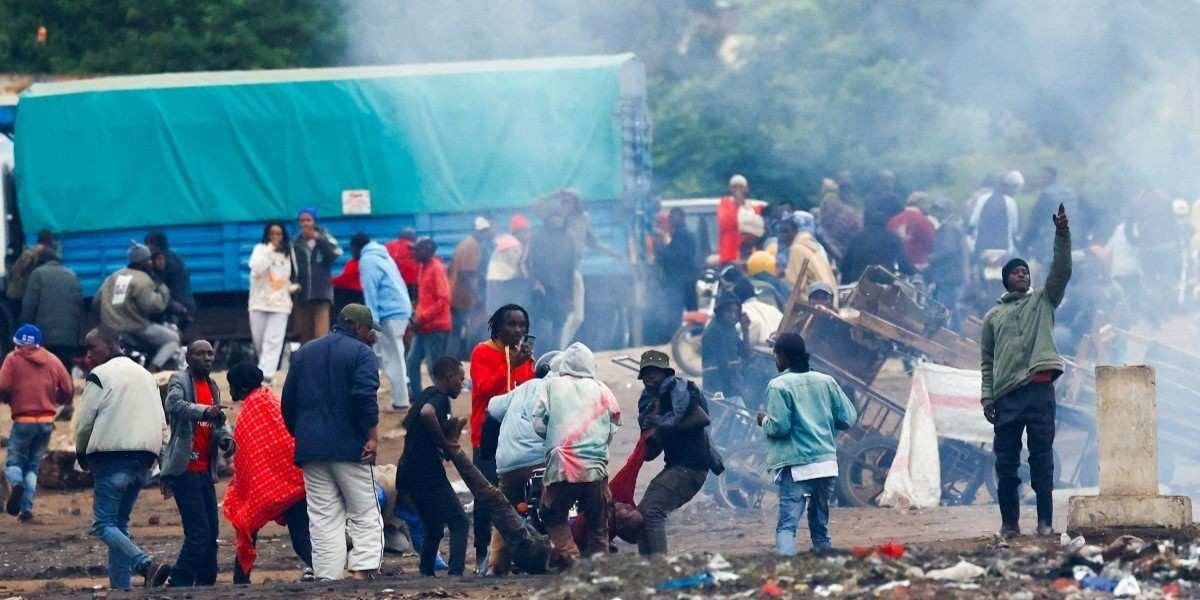What We're Watching:
Saudi Vegas — Last year, Saudi Arabia announced plans to build a Las Vegas-sized city near Riyadh that will host cultural, entertainment and sporting events in a country that has little history of any of these things. Next month, the kingdom will get its first public movie theaters after a 35-year ban. This week, the government announced plans to invest $64 billion over ten years to promote tourism and to give Saudis more opportunities to get out of the house. Imagine the controversies to come.
Rohingya and social media — In Myanmar, about 90 percent of people have a mobile phone, making Facebook an important source of news in that country. Unfortunately, fake news is as prevalent in Myanmar as in other countries, and some have planted false accusations against the Muslim-minority Rohingya population to support a campaign of murder, rape, and arson against the group by Myanmar’s Army, forcing hundreds of thousands of Rohingya across the border into Bangladesh. The UN says it’s the fastest mass expulsion of people since the genocide in Rwanda nearly a quarter century ago.
Billy Graham — In an age of anonymous vitriol and political bitterness, it is still possible, maybe essential, to honor the sincerity and integrity of those with whom we have profound, fundamental disagreements. Christian evangelist Billy Graham passed this week. Among other things, he was the most charismatic public speaker this author has seen. Graham was far from a perfect practitioner of all he preached, particularly on questions that combined sexuality and civil rights, but he was also that rare leader, spiritual or political, who shunned personal profit and treated others with care.
What We're Ignoring
Justin Trudeau’s Trip to India — You have to see the photos to understand why we’re averting our eyes. And there are plenty of them.
Wilbur Ross — Commerce Secretary Wilbur Ross won the award for “Least Romantic Thing Ever Said” this week. Referring to the viability of commercial space operations, he said “I think a lot depends upon how successful we are in turning the moon into a kind of gas station for outer space.” Wilbur just fatally compromised his (admittedly limited) future as Hollywood’s next romantic leading man.
Another Kazakh alphabet — About four months ago, we let you know we were ignoring Kazakhstan’s new written alphabet, because we expected further changes. Our prediction was deadly accurate. Earlier this month, Kazakhstan’s government announced that it’s changing the alphabet again, this time because over-used apostrophes just completely freaked people out. The apostrophes have now been replaced by accents. (That’ll solve it.) There are other changes, but don’t try to memorize them. They’ll probably change it again soon.
